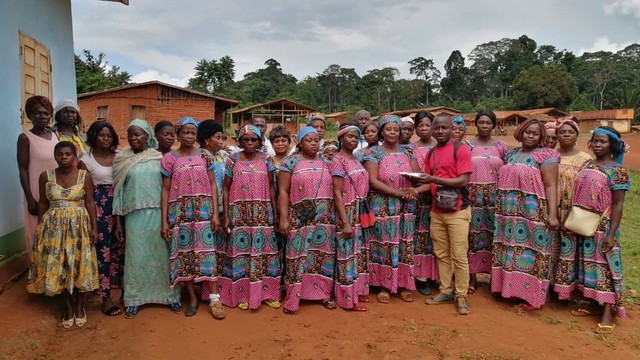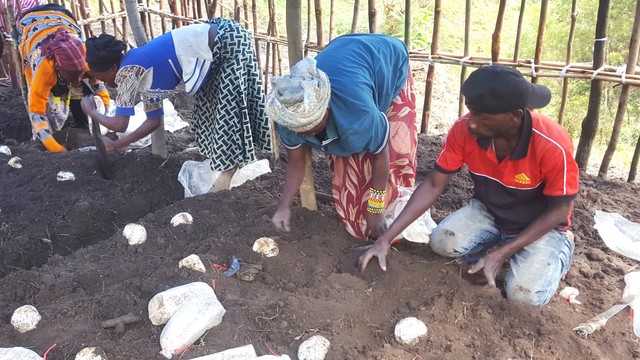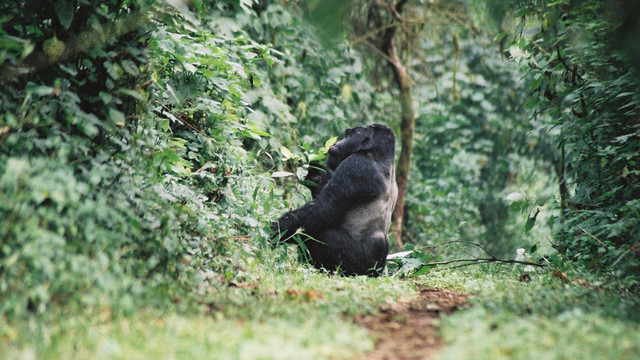There were 50 ape experts in a room and a quick game to play to break the ice. “If you agree with the statement, go to the left side of the room,” said the facilitator. “If you disagree go to the right.”
She then unveiled eight simple words that split the room in two: “Local poverty is the main threat to apes.”
On the right side, speakers said the primary problem for orang-utans in Malaysia and Indonesia is not local people, that hunters there tend to target other species. It is the private sector that destroys the forests that both orang-utans and local people depend on, added a third speaker, and this deforestation itself creates poverty.
Someone else added that it was the wealthier people from local populations, not the poor, who were encroaching on the national park he worked at in Indonesian Borneo.
A speaker from Democratic Republic of Congo said it was rich people in urban areas – not poor communities near forests — who fuelled the market for ape meat. Another from Cameroon said that in some places local people do hunt chimpanzees for meat but at such low levels that this is not a major threat – logging and mining activities that destroy ape habitat were bigger concerns.
The ape experts had gathered at the Center for International Forestry Research (CIFOR) in Bogor, Indonesia for a three day workshop on the links between great ape conservation and poverty, because it just so happens that all of the world’s great apes – gorillas, chimpanzees, bonobos and orang-utans – live near people who are poor.
The workshop, organised by IIED (where I work) and hosted by CIFOR on 11-13 January, was designed to share lessons learned in Africa and Asia and to identify practices that benefit both apes and local communities. And while the people on the right side of the room felt that local poverty was not the main threat to these apes, those on the left side of the room — mostly from Africa — disagreed.
People kills apes because they are poor, said one. Conservation creates costs to local people and this is an issue of justice, said another. If you solve local poverty you solve a lot of problems for great apes, added a third.
Of course, the statement itself was flawed – as the workshop organisers designed it to be. In reality, the situation varies from location to location and the many threats apes face are all interconnected.
My favourite answer, though, came from one of the Indonesian experts. He said that if the ‘poverty’ in the statement referred to a lack of money then the answer was no, but that if it referred to the mind and a lack of information, then the answer was yes.
As an ice-breaker, the contentious statement did its job well. It made me wonder… if every poor person who lives near an endangered ape was suddenly ten times richer, would the apes be safer or would they just face new threats that affluence and indifference can bring?
The workshop — webcast here — was organised as part of IIED's Poverty and Conservation Learning Group initiative with support from the Arcus Foundation, the US Fish and Wildlife Service, and the Great Ape Survival Partnership.




